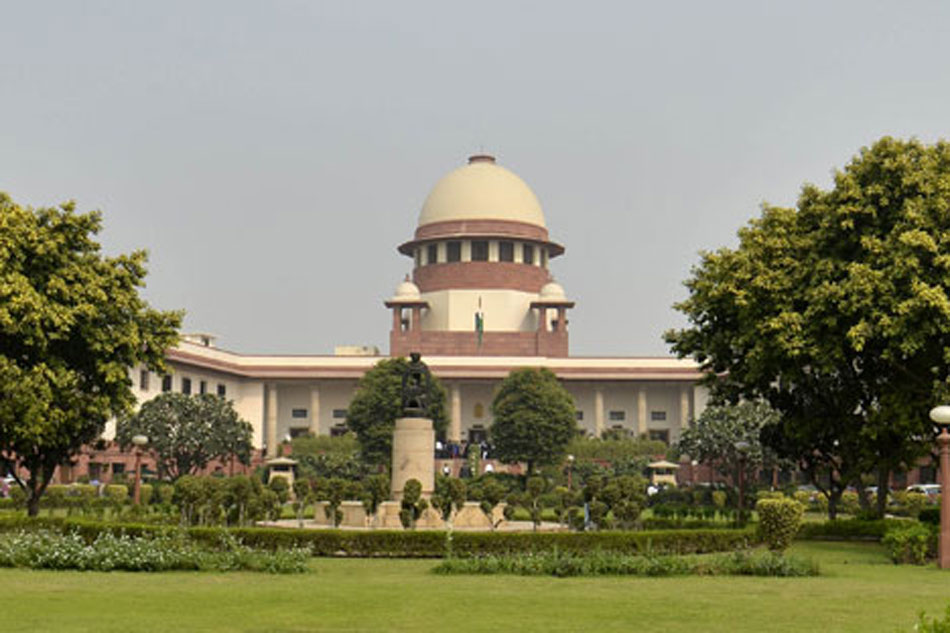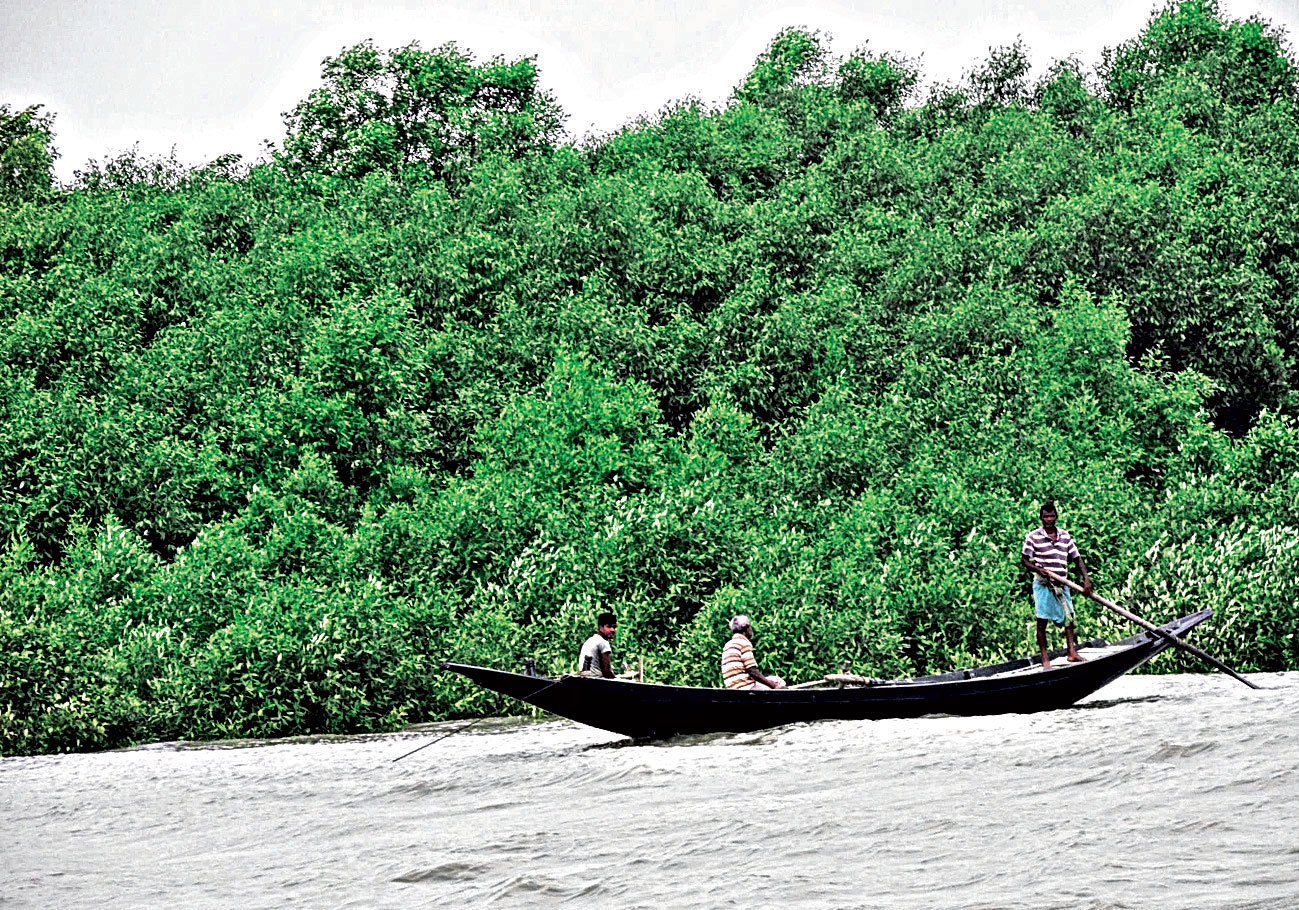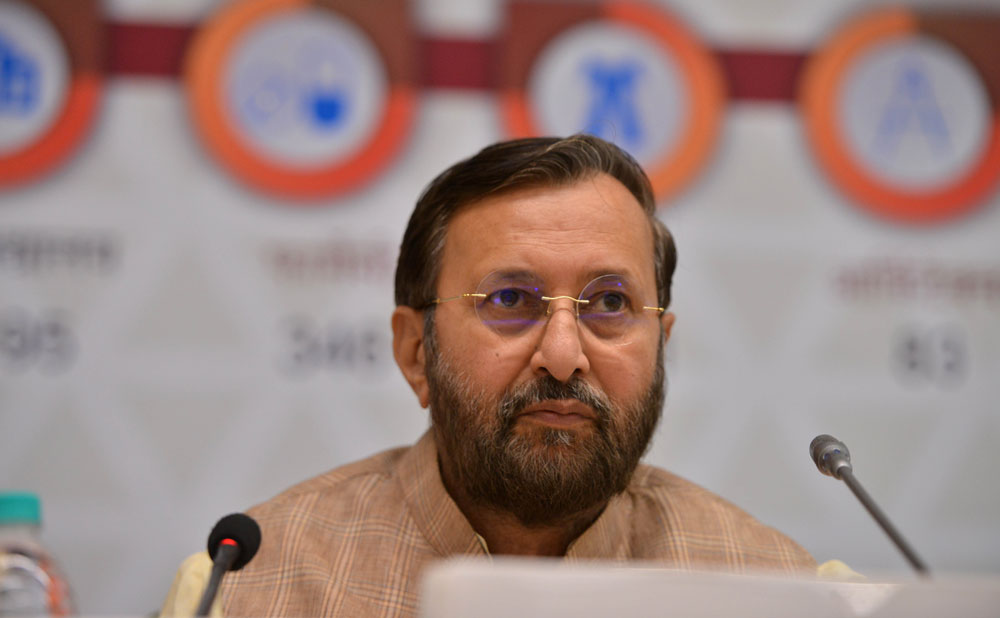While due process is important in any investigation or verification exercise, what is equally crucial is the rigour with which such an endeavour is conducted. It is this rigour that will eliminate, to a great extent, the possibility of procedural or institutional oversight. This thoroughness — perhaps even the intent to be thorough? — was clearly missing in the procedures followed by no less than 25 state governments that rejected over 17 lakh claims made by forest dwellers for records of rights over their patches of forest land. As a result, these states had to ask the Supreme Court for more time to review the rejections made over 13 years. This is the second time that the states have pleaded with the apex court for more review time. The first came after the court, in February, acted on a petition — alleging that the Forest Rights Act was leading to forest depletion through new encroachments — by ordering the eviction of forest populations whose claims to the land had been dismissed.
These dismissals, along with the states’ admission that their rejection procedures were riddled with lapses, have a numerous worrying implications. For one, they strengthen the argument that the State’s treatment of adivasi populations has been discriminatory and historically unjust; their stigmatization as ‘encroachers’ is a case in point. In fact, an Intergovernmental Panel on Climate Change report has observed that far from contributing to forest destruction, the recognition of the rights of indigenous communities over forests can help fight climate change. The Centre’s proposed amendments to the Indian Forest Act, 1927 — another example of the prejudice — would lead to a further weakening of grass-roots institutions: they would take away the forest dwellers’ rights to self-governance by watering down the authority of the gram sabha and give unchecked powers to the forest department. Such a move would go directly against the principle of decentralization. It must be asked how the State expects to correctly assess the claims of a massive segment of disenfranchised people if it will not recognize the autonomy of village committees. This unwillingness to allow grass-roots institutions to do their jobs in a transparent and non-politicized manner indicates a kind of proprietorial mindset in the administration. The future of India’s forests and tribal communities will remain bleak unless the symbiotic nature of their relationship is recognized and the spirit of decentralization honoured.













